In 2012, Washington’s residents voted in favour of legalising cannabis for recreational use. Now, it’s possible to buy the drug from a licenced store, and possess up to one ounce at home. Public consumption is not permitted. Cannabis use remains illegal at federal level, and national law lists it as a Schedule I drug (the most dangerous classification).
- CBD Products
- Legal
- Recreational cannabis
- Legal
- Medicinal cannabis
- Legal since 1998
- Cannabis laws in Washington
- Can you possess and use cannabis in Washington?
- The terms of the law
- Can you sell cannabis in Washington?
- Comparison to Colorado
- Can you grow cannabis in Washington?
- Is CBD legal in Washington?
- Medicinal cannabis in Washington
- Industrial hemp in Washington
- Good to know
- Cannabis history
- Attitudes towards cannabis
- Underused growing capacity
Cannabis laws in Washington
The US is governed by federal and state laws. This article covers the cannabis laws in the state of Washington.
Can you possess and use cannabis in Washington?
In 2012, the legalisation of recreational cannabis use was put to the public vote. Initiative 502 was passed by a margin of roughly 56% to 44%. Additionally, the vote had the honour of having one of the largest turnouts in the nation to date, within 81% of all eligible adults taking part.
Initiative 502 defined the laws relating to cannabis use and possession, as well as designating revenue for drug-abuse treatment, prevention and education. It’s important to note that, in spite of the legalisation of cannabis in Washington, federal law still classifies cannabis as a Schedule I drug (the category reserved for drugs regarded as the most dangerous to consume).
The terms of the law
Washington state law states that, as of December 2012, adults over the age of 21 can use and possess limited amounts of cannabis. The law also details the maximum quantities permitted, which are:
- One ounce (28 grams) of useable cannabis
- 16 ounces of any cannabis-infused product in solid form
- 72 ounces of cannabis-infused product in liquid form
It’s illegal to consume cannabis in any public area, though individuals caught violating this term receive a civil infraction and fine, not an arrest.
Employers are still allowed to carry out drug tests, to check whether their staff are using cannabis or not. Also, individuals may be given a DUI (driving under the influence) if the levels of THC in their blood are higher than the maximum permitted by law.
Can you sell cannabis in Washington?
Washington’s Department of Health, together with the Washington State Liquor Control Board (WSLCB) and the Department of Agriculture, oversee the licencing and regulation regarding the sale of cannabis.
The law permits stand-alone cannabis businesses to operate within the state. They have similar restrictions imposed upon them as Washington’s liquor stores. In addition to having limited opening hours, the following restrictions also apply:
- Cannabis stores must be situated at least 1,000 feet away from schools and public parks.
- The stores must have a licence from the state.
- Valid photo ID must be seen before the cannabis can legally be sold to the customer.
- No-one under the age of 21 is permitted to enter the store.
Licences can be obtained from the WSLCB, who issue six different types of cannabis licence. These are not only for retailers, but also for those producing and processing cannabis products. The licences also cover the transportation of the substance, research, and becoming part of a Medicinal Marijuana Cooperative.
Comparison to Colorado
Washington regulates its cannabis retailers more stringently than Colorado. When the law passed, permitting shops to sell the substance, some retailers found it difficult to get a licence. Existing hemp pharmacies also had trouble extending their licence to sell to adult recreational users.
Although it was initially more expensive, it’s now cheaper to buy cannabis products in Washington than it is in Colorado. The only exception is cannabis buds – those are slightly more expensive in Washington than in Colorado.
Can you grow cannabis in Washington?
Close to a dozen states in the US have legalised cannabis cultivation at home. Washington is the only exception. As the law stands at the time of writing, it is still illegal to grow cannabis there.
Activists have been protesting this decision for several years, and call for a system similar to states like Colorado or California, which allow adults to grow up to six plants at home.
One activist, Don Skakie, comments: “This bill is for responsible adults – we’re not talking about people who want to exceed the law for nefarious purposes.”
A spokesperson for the Liquor and Cannabis Board voices concerns about growing cannabis at home. “We anticipate there would be complaints,” he says. “We do not have the resources to exercise enforcement in this area.”
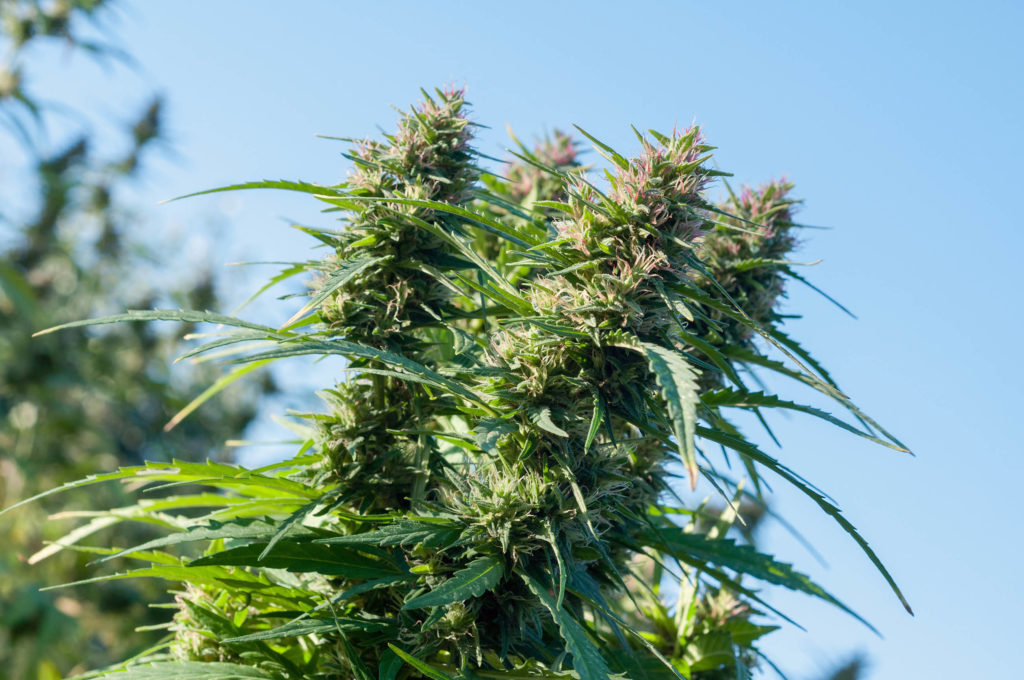
Is CBD legal in Washington?
In 2017, the Washington State House of Representatives introduced House Bill 2334. This permitted cannabis producers to use CBD, even if the source isn’t licenced by the State Liquor or Cannabis Board.
This means that CBD products are legal in the state, providing they don’t contain more than 0.3% THC (the substance responsible for the ‘high’). However, as laws differ from state to state, this means that no CBD products can be taken across the state border.
CBD products can be purchased from licenced stores, or obtained via a doctor, with the right certification.
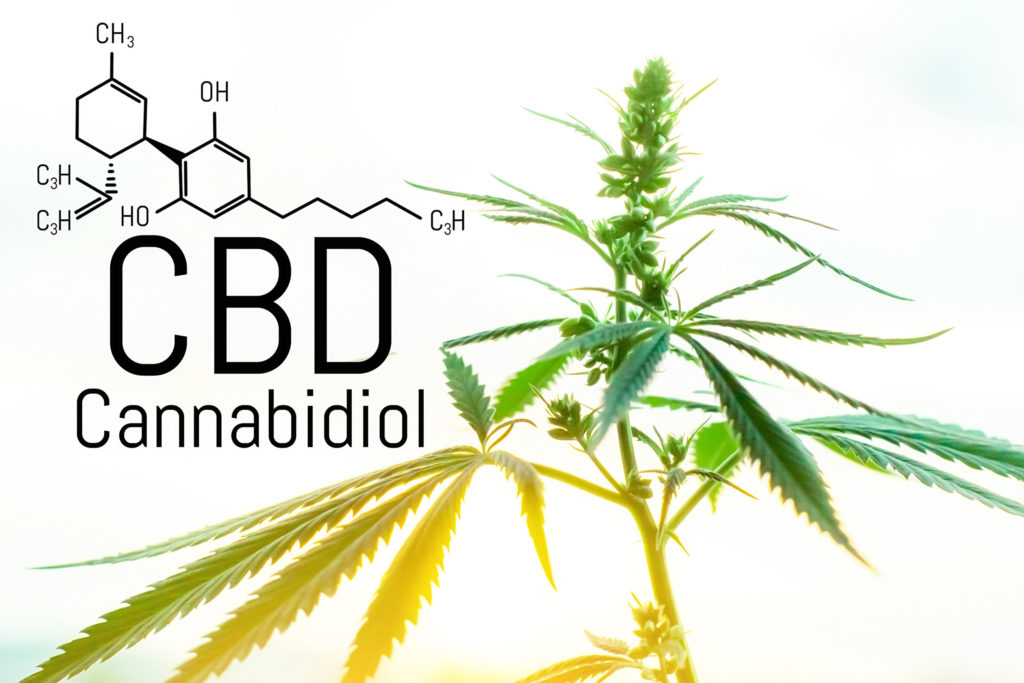
Medicinal cannabis in Washington
In 1998, Washington legalised the use of cannabis for medicinal purposes. Initiative 692 allowed patients with debilitating or terminal health conditions to use medicinal cannabis, and were permitted to possess a 60-day supply of the drugs.
In 2007, ’60-day supply’ was clarified, and established as:
- Up to 24 ounces (680 grams) of useable cannabis
- Up to 15 plants
Then, in 2010, the law was amended again. From this date, it was no longer just medical doctors and osteopathic physicians who could authorise the use of medicinal cannabis. Now, several other types of healthcare practitioners were permitted to do so too.
The legalisation of recreational cannabis further impacted medicinal cannabis law in Washington. Some patients chose to ‘self-medicate’ as a recreational user, rather than obtaining cannabis from their doctor.
In order to use medicinal cannabis, the patient must have a recognition card.
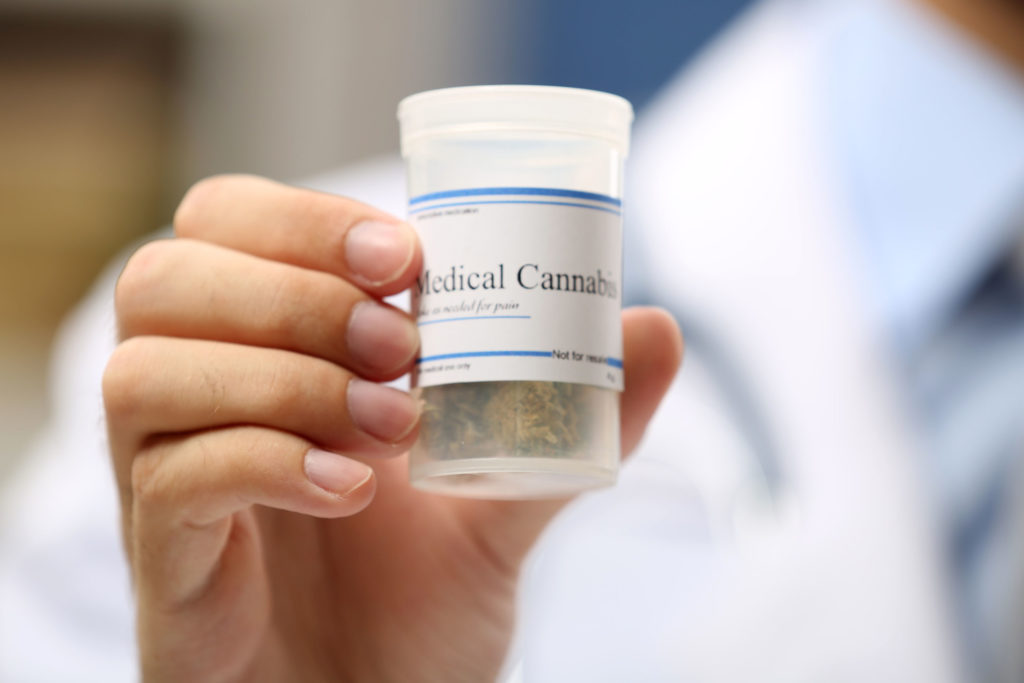
Industrial hemp in Washington
The 2018 Farm Bill legalised hemp cultivation across the US. That means it’s no longer a federal offence to grow it in any state, and it’s legal to grow it in Washington.
Given that the state’s namesake, George Washington, was apparently a keen cultivator of hemp, this seems like a fitting change to the law. The first crop of hemp to be harvested in the state was grown at Mount Vernon.
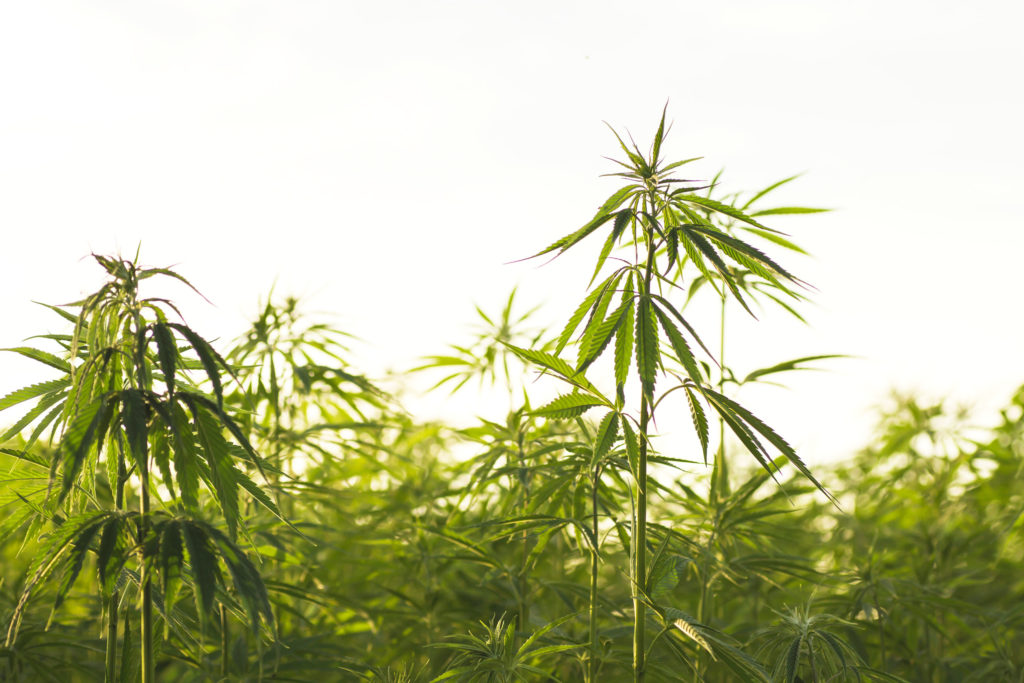
Good to know
If you are travelling to Washington (or currently live there), you may be interested to know the following:
- Adolescent cannabis consumption rates fell after recreational use was legalised. This indicates that increased availability and legality hasn’t adversely impacted young people.
- Statistics show that cannabis use has increased among Washington’s adult population since 2011. In 2014, around 14% of adults were using it.
- The age demographic that used cannabis the most were the 18 to 24-year olds. Those over 65 had the lowest prevalence of use.
- Cannabis sales rose in the state by 28% in March 2020. Interestingly, this coincided with the start of the COVID-19 lockdown.
- Throughout 2020, Washington State University conducted a study, regarding the Contributions of the Washington Cannabis Sector. It concluded that over 883 million was made in revenue.
Cannabis history
Historically, the US has had a complex, variable relationship with cannabis. Once used widely across the country to make rope and fibre (even George Washington himself grew hemp), public opinion started to turn negative towards the 20th century, leading eventually to cannabis’s prohibition.
The 1937 Marihuana Tax Act banned cannabis across the entire nation, including Washington. Its use was heavily frowned upon until the 1960s, when hippy counterculture brought cannabis back into the limelight. This ultimately led to the 1980s ‘war on drugs’, which saw mandatory sentences reintroduced by President Reagan. Drug offenders who were caught three times were sentenced to life in prison.
Nowadays, Washington is regarded as one of the more progressive states; legalising recreational cannabis use, even when federal law still regards it as an imprisonable offence. It’s one of only eleven states that permits it, though its laws are regarded as stricter than other locations.
It has the honour of being the first state to legalise it – by just four days before Colorado.
Attitudes towards cannabis
When the public were given the right to vote on whether cannabis should be legalised in Washington or not, they spoke out firmly in favour, with 56% of the population supporting the motion. This is broadly in-line with the rest of the US – a survey found that 62% of the population want to see cannabis legalised at federal level.
Washington’s vote for legalisation also saw one of the highest turn-outs in history, which demonstrates just how much the people of the state care about the issue. There’s plenty of support for cannabis use in the state; however, this doesn’t extend to everyone.
Underused growing capacity
Washington is primed to cash in on the ‘green rush’. Cultivation is legal, and licenced land is in place. However, according to 2019 reports, the industry isn’t thriving as expected.
One report found that cannabis farmers were using less than half of their licenced canopy, on average. This was due to lack of capital investment, low wholesale prices, and concerns about over-production.
Jeremy Moberg, CEO of CannaSol Farms, comments: “The only piece of evidence you need to know that there’s overproduction is that you can buy an ounce for $40 down the street. Businesses are going out of business, left and right.”
Additionally, thanks to the terms of the law, Washington cannabis companies can’t access financial support from outside the state. This, combined with the expenses involved with expanding cultivation facilities, means that many farmers are choosing not to grow to capacity.
- Disclaimer:While every effort has been made to ensure the accuracy of this article, it is not intended to provide legal advice, as individual situations will differ and should be discussed with an expert and/or lawyer.







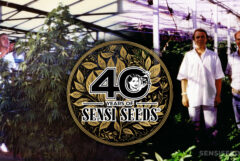
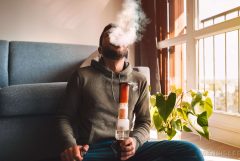


Could you clarify if I can purchase seeds from Canada And have them sent to my house in Washington state? The article I read wasn’t clear. Thanks
Good morning Jason,
Good morning Jason,
Thanks for your comment!
Unfortunately, we are very sorry to inform you that legal restrictions still prevent shipping parties from sending seeds or CBD products to countries located outside of the European Union, regardless of local changes in regulation. Of course we’ll keep monitoring these restrictions and we’ll amend our policies immediately in the event of a change.
Thanks again and I hope you continue to enjoy the blog.
With best wishes,
Mark